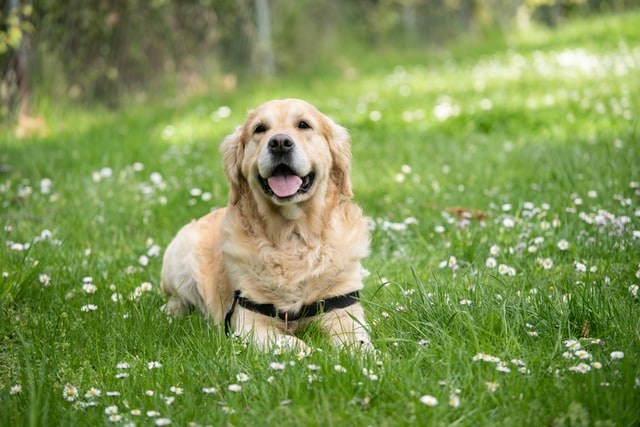Through their faeces and urine, dogs leave behind a lot of nutrients in nature reserves which can harm local biodiversity, according to new research from the University of Ghent (UGent), which was published in the British Ecological Society's journal Ecological Solutions and Evidence.
Dogs add an average of 11 kg of nitrogen and 5 kg of phosphorus per hectare to four nature reserves in Ghent each year through their faeces, according to the study by the Ghent bio-engineers. While this is a considerable amount of fertilisation that has been ignored until now, it can be harmful to biodiversity and the functioning of the ecosystem, the researchers stressed.
"We were surprised by how much nutrients dogs actually leave behind through their faeces," Professor Pieter De Frenne said in a press release. A lot of attention is rightly paid to the amount of nitrogen that agriculture, industry and traffic inject into the atmosphere. But dogs have always been left out of this story."
The estimated amount of nitrogen that is added to nature like this is particularly striking when compared to the amount of nitrogen released from the atmosphere throughout Europe. In Flanders, that is an average of 22 kg per hectare per year.
Leashed vs unleashed
To calculate the amount of nutrients that dogs leave behind in nature, the researchers counted the number of dogs in four nature reserves in and around Ghent: the Vinderhoutse Bossen, the Gentbrugse Meersen and two subareas in the Bourgoyen-Ossemeersen Nature Reserve.
They modelled various scenarios, such as whether the dogs were on a leash or not and whether their owners picked up the faeces.
The Belgian law states that dogs must be kept on a leash in the investigated nature areas. In this scenario, the fertilisation decreases in most of the investigated areas. However, this was not the case in the immediate vicinity of the footpaths: on an annual basis, dogs left behind 175 kg of nitrogen and 73 kg of phosphorous per hectare.
"In the scenario where dogs were leashed, we found that the amounts of nitrogen and phosphorus left behind in concentrated areas around trails exceeded the legal fertilisation limits for agriculture," De Frenne said. "Pretty amazing, considering our research is about natural areas."
Related News
- Up to 10 years in prison: Flanders approves stricter punishment for animal abusers
- Forêt de Soignes gets tough on dog walkers
In the scenario where dogs did walk on a leash and the owners picked up their faeces, the level of nitrogen fell by 56% and the level of phosphorus by 97%. This is because dog excrement accounts for almost all phosphorus deposited, while nitrogen is found in both stool and urine.
Reduced biodiversity
While at first glance, it may sound advantageous that nature is fertilised because plants grow better as a result, this is only true for a limited number of species that need a lot of nutrients. Those species drive out rarer species, which in turn reduces biodiversity.
"In many nature areas, the policy is specifically aimed at reducing the level of nutrients in the soil, in order to strengthen the biodiversity of plant and animal species. This can be done by mowing and removing the hay," said Pieter Vangansbeke, who collaborated on the study.
"Our results indicate that certain goals related to nature restoration may well be delayed by the previously underexposed fertilisation via dogs in nature reserves," he added.
The researchers call on nature managers to make visitors with dogs aware of the damage that dog faeces and urine causes to nature, and also call for stricter enforcement of the leash, as well as the creation of more areas where dogs can be let off their leash to reduce the pressure on valuable nature reserves.

